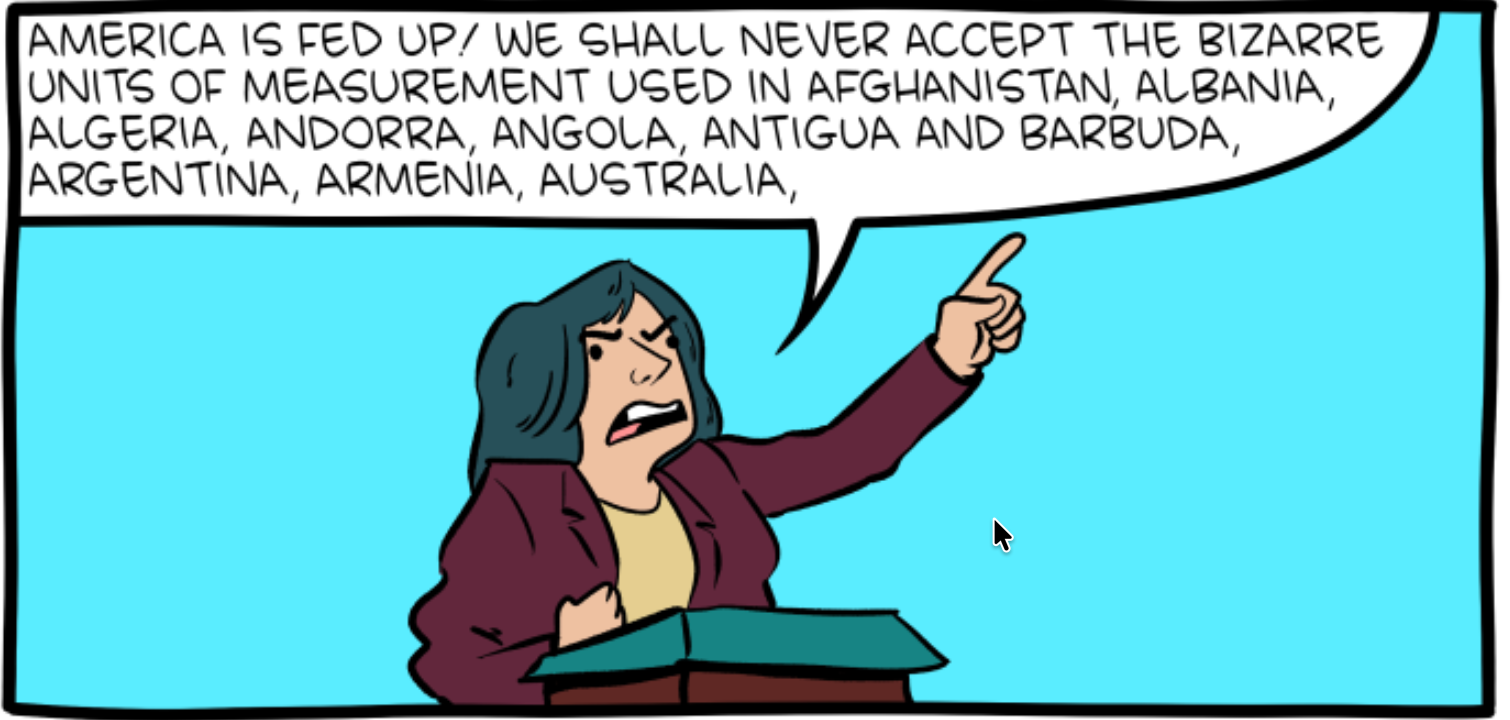Meh
The OED dates meh as an interjection back to 1992, in an internet newsgroup, and as an adjective back to 2007 in The Guardian:
The man could scarcely walk. Two hours later he was cheerfully high-kicking a suicide bomber out the back of a train. Nuts. But somehow it all seemed, to use a bit of internet parlance, a bit ‘meh’.
But this bit of "internet parlance" has started showing up in news headlines, without excuses or scare quotes, and not just in places like college papers.
[Update– For more on the origins and progress of meh, see "Meh-ness to society" (Ben Zimmer, 6/98/2006), "Awwa, meh, feh, heh" (Ben Zimmer, 2/16/2007), "The 'meh' wars" (Ben Zimmer, 11/21/2008), "The 'meh' wars, part 2" (11/24/2008), "Meh again" (Arnold Zwicky, 12/1/2011), "Words for 'meh'" (Mark Liberman, 12/22/2011), "Three scenes in the life of 'meh'" (Ben Zimmer, 2/26/2012).]
Read the rest of this entry »
"Moloch's bargain"?
In “Agentic Culture” (8/30/2025), I cited some work by economists about agentic collusion in fixing prices and dividing markets — to which I might add links here, here, and here. And in that post, I noted that the problematic effects of AI agents learning from their social interactions in other areas have been mostly ignored.
But here it comes: Batu El and James Zou, "Moloch's Bargain: Emergent Misalignment When LLMs Compete for Audiences", 10/7/2025.
Read the rest of this entry »
The tyranny of literacy
Following on Mark's "Literacy: peasants and philosophers" (10/10/25) yesterday, also a number of posts on this subject that we have written in the past (see the bibliography), i herewith offer an account of myth and literacy:
Memories within myth
The stories of oral societies, passed from generation to generation, are more than they seem. They are scientific records
By Patrick Nunn, Aeon (4/6/23)
This is a long, richly documented article, from which I will take only a few representative selections. It begins:
In the 1880s, the American journalist William Gladstone Steel made several visits to a freshwater lake that filled the caldera of an extinct volcano in Oregon. For Steel, these visits were the fulfilment of a dream that began while he was just a schoolboy in Kansas. It was one day in 1870, while reading the newspaper wrapped around his school lunch, that he noticed an article about the ‘discovery’ of a spectacular body of freshwater named Crater Lake. ‘In all of my life,’ Steel would later recall, ‘I never read an article that took the intense hold on me that that one did…’ When he finally made it to the lake in 1885, he was so captivated that he determined to have the area designated as a National Park. But designation was not easily gained and required extensive documentation of the region.
Read the rest of this entry »
The niceties of German grammar
Recently I came upon the following quotation from the Lutheran theologian, Dietrich Bonhoeffer (1905-1945):
Read the rest of this entry »
Disposal bin
Photograph taken at the Ningbo airport: those items are not allowed to be taken into the city of Ningbo.
zìyuàn fàngqì wùpǐn tóuqì xiāng
自愿放弃物品投弃箱
"disposal bin for items voluntarily discarded"
Read the rest of this entry »
Literacy: peasants and philosophers
For decades, people have been worrying about declines in literacy rates, and even steeper declines in how many people read how many books, especially among students. For a striking recent example, see Niall Ferguson, "Without Books We Will Be Barbarians”, The Free Press 10/10/2025 — that article's sub-head is "It is not the road to serfdom that awaits—but the steep downward slope to the status of a peasant in ancient Egypt".
Read the rest of this entry »
Correspondences between Ancient Greek doȗle (voc.) 'slave' and 奴隷 Jpn dorei / Tw lô·-lē
[This is a guest post by Chau Wu]
The word 奴隷 Jpn dorei (ドレイ) / Tw lô·-lē ‘slave’ is of great interest to me. My study of West-to-East lexical loans suggests that the origin of this word is Ancient Greek δοȗλos (doȗlos, m.) and δοȗλα (doȗla, f.), which mean ‘slave’. The figure below is a funerary stele of Mnesarete, daughter of Socrates (not the philosopher), showing a female servant facing her deceased mistress. There are some other terms for slave in Ancient Greek, depending on the context, but doȗlos and doȗla are historically the most commonly used, from Mycenean, Homer, Classical, Koine, down to Modern Greek.
Read the rest of this entry »
More conjoined pronoun case counts
In earlier posts and comments ("Between you and I"; "Barriers between you and I"), there have been many opinions about the possibility of various English subject and object pronouns in the two positions of "between X and Y". So I've done a quick tally of counts from five of the English-language corpora at English-Corpora.org:
Corpus of Contemporary American English (COCA)
News on the Web (NOW)
Corpus of American Soap Operas
The TV Corpus
The Movie Corpus
(Though for now I've tested only the patterns in which Y = I/me.)
Read the rest of this entry »
Barriers between you and I?
In "'Between you and I'" (10/5/2025), I quoted three theories that Merriam-Webster's Concise Dictionary of English Usage offers as possible explanations for the confusion over "between you and I" vs. "between you and me". The third of those theories cites Noam Chomsky, whose work is not usually part of usage discussion:
Another possible explanation (unnoticed by the comentaros) comes from the linguist Noam Chomsky. In his Barriers, 1986, he says that compound phrases like you and I are barriers to the assignment of grammatical case. This means that between can assign case only to the whole phrase and not to the individual words that make it up. Thus the individual pronouns are free to be nominative or objective or even reflexives. Chomsky's theory would also explain some other irregularities in pronoun use (See PRONOUNS); it's the best that has been offered so far.
I expressed skepticism about this theory, "for reasons to be discussed another time".
Read the rest of this entry »
"The insane effort to preserve this ancient script"
How Chinese Characters Almost Died
Once again, Julesy tells it like it is.
Read the rest of this entry »

